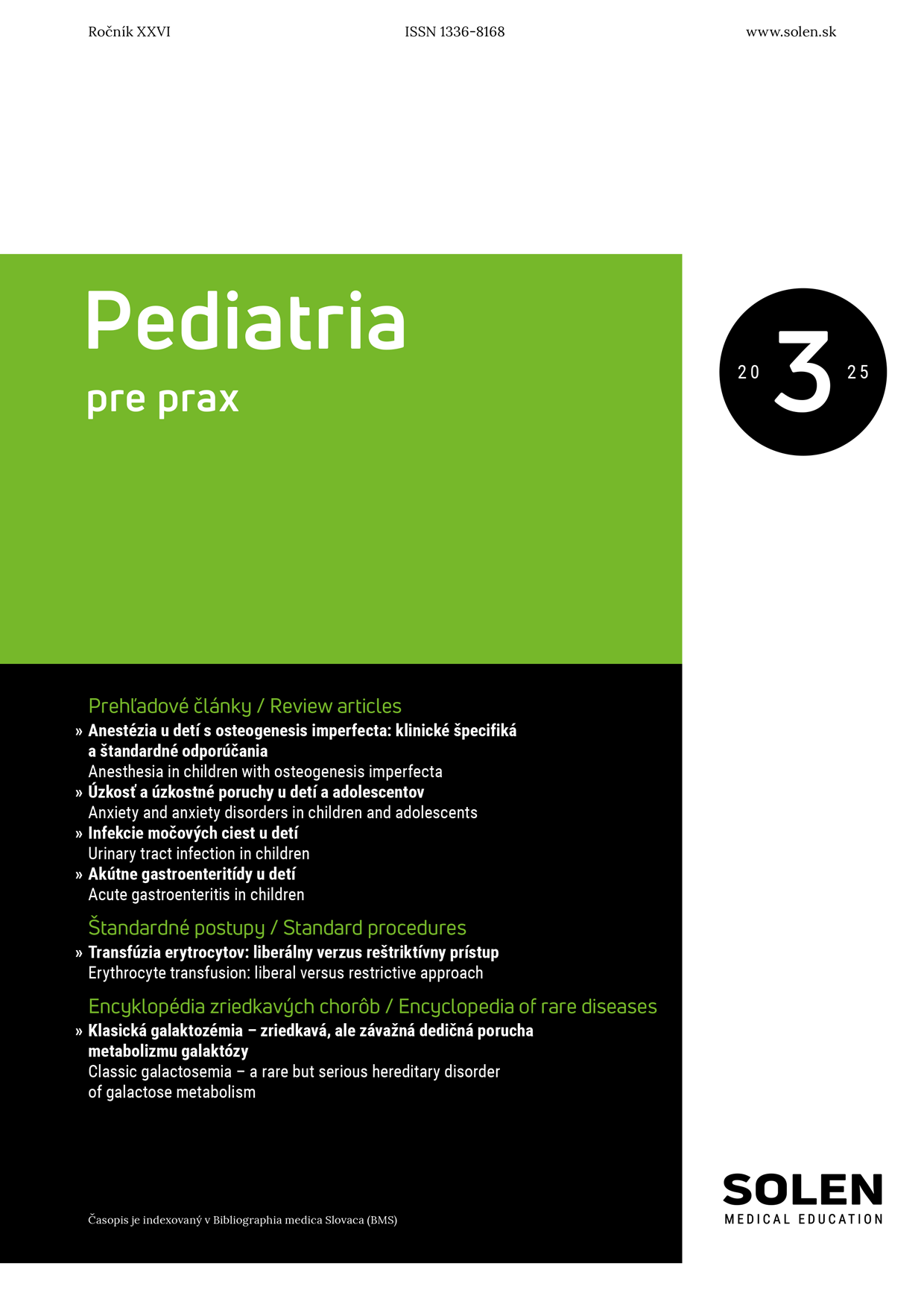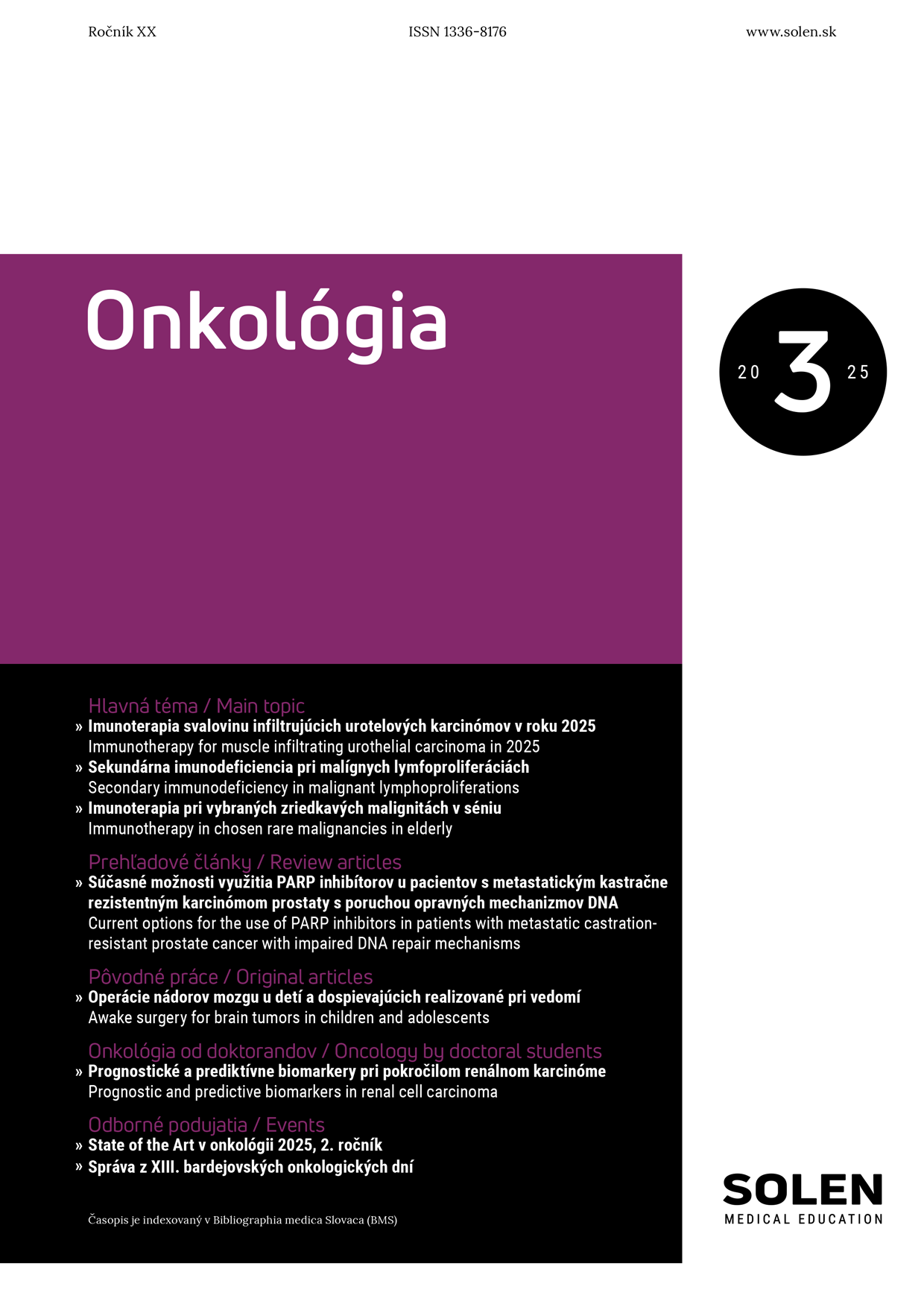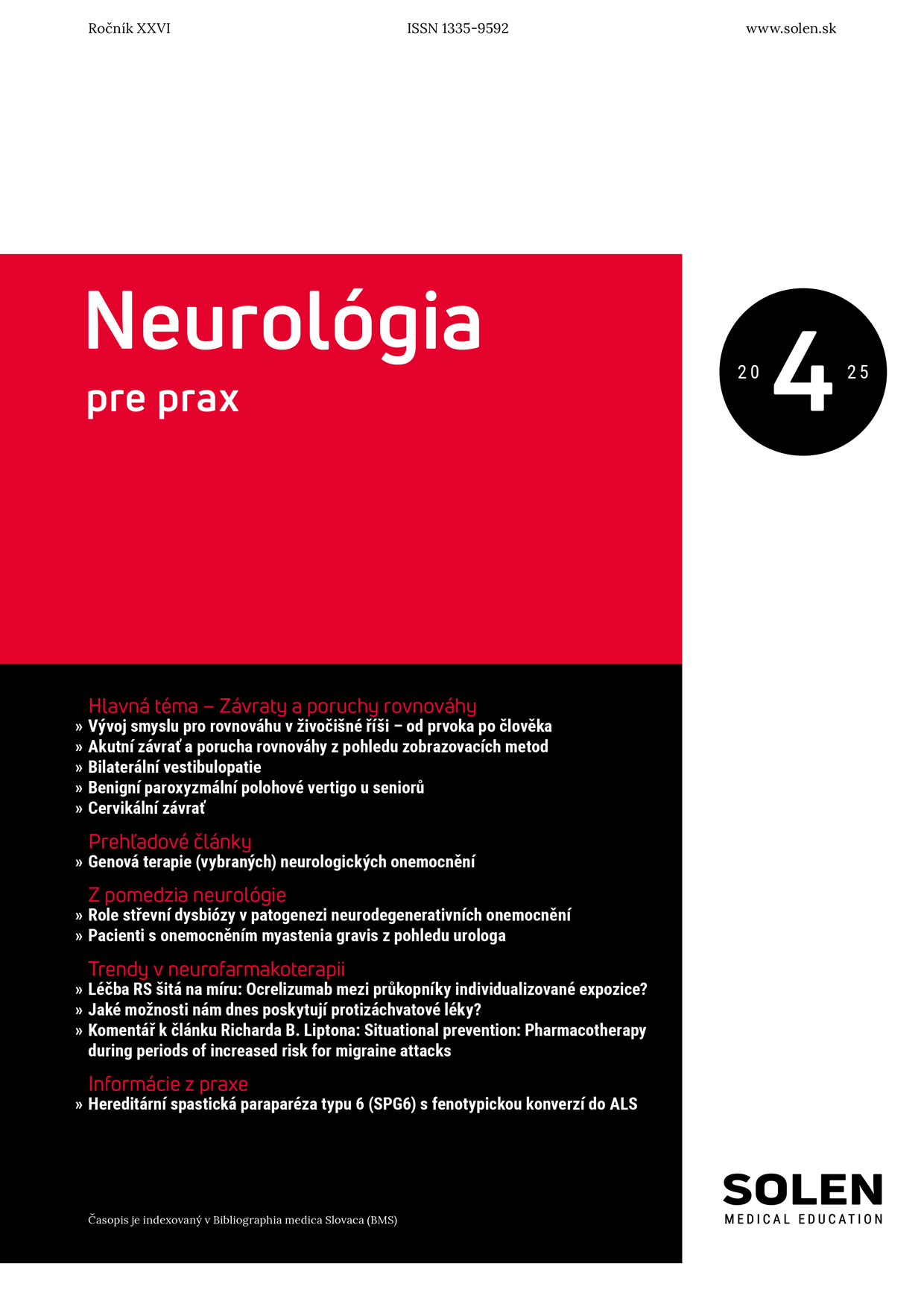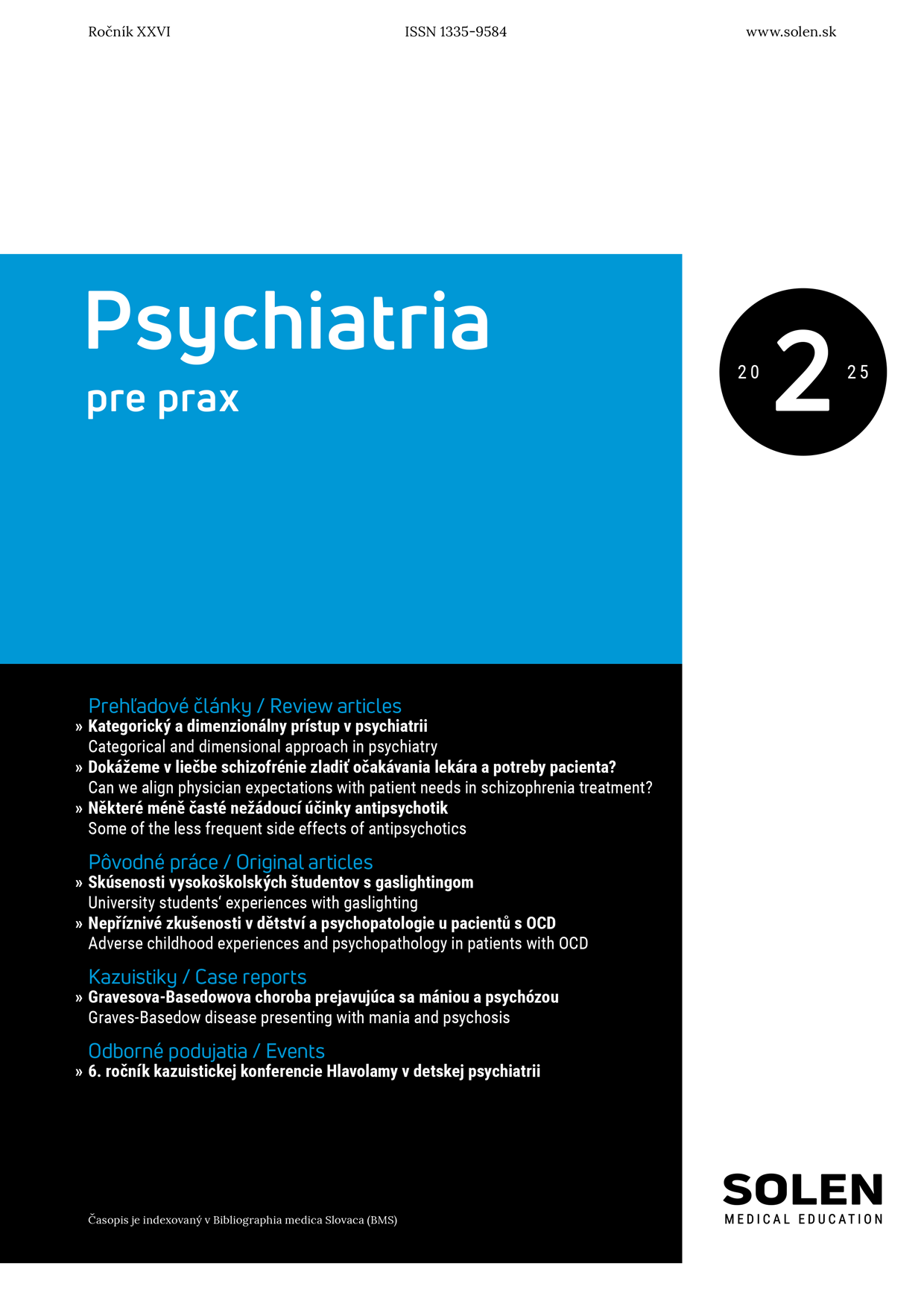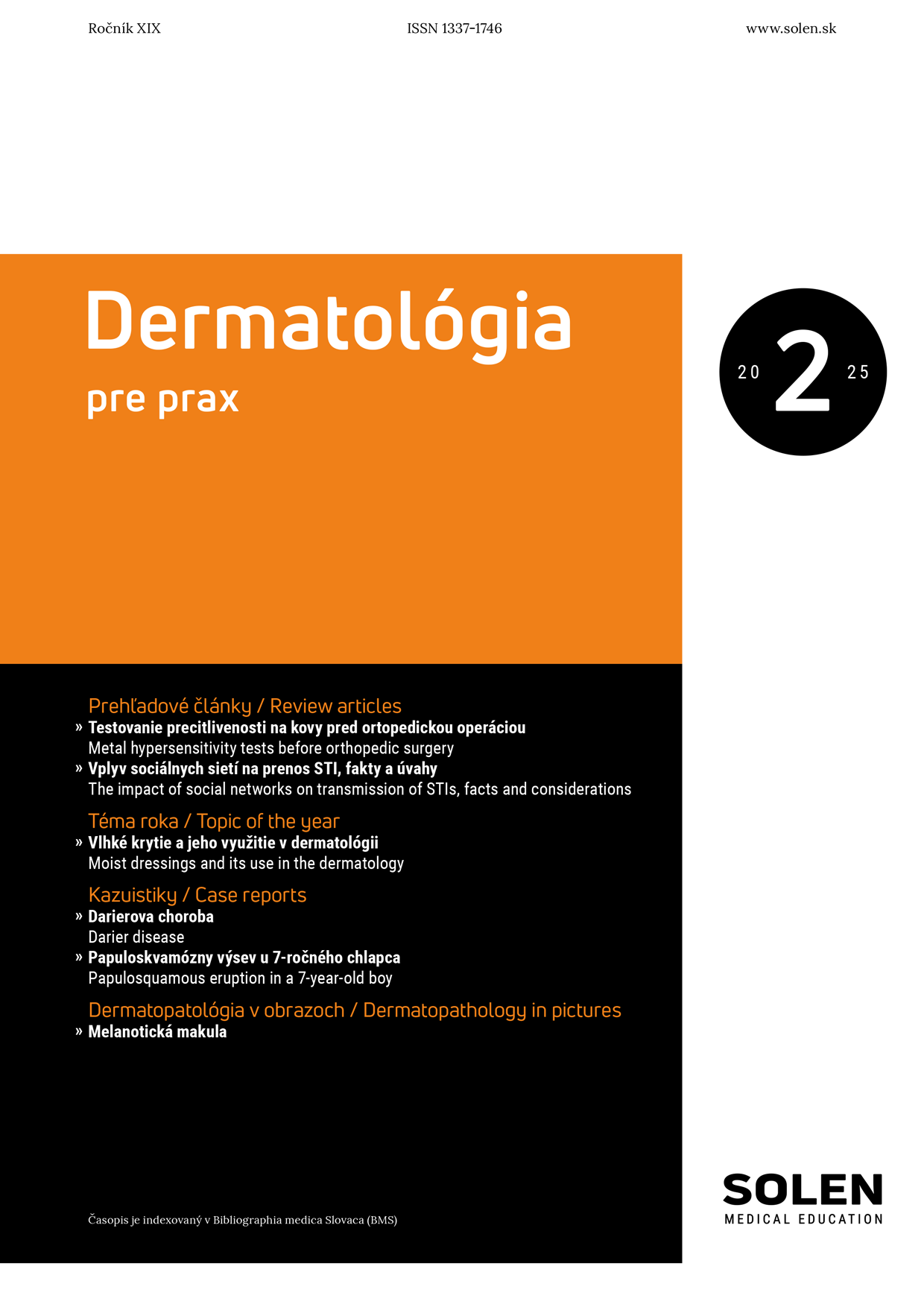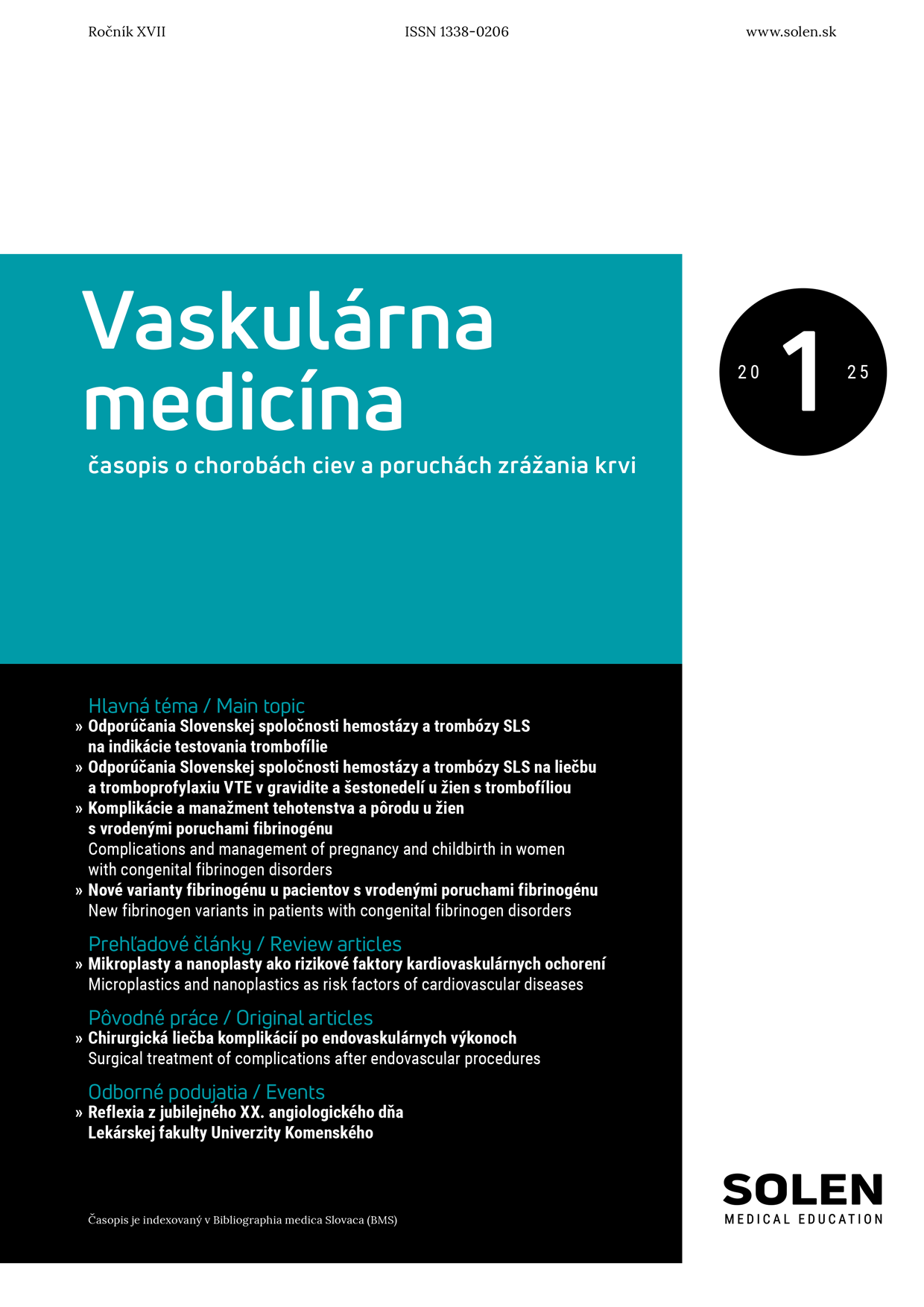Via practica 5/2022
Chronobiological aspects of arterial hypertension treatment
Circadian blood pressure rhythm disturbances, characterized by an insufficient decrease in blood pressure at night (non-dipper) or an increase compared to the daily phase of blood pressure measurement (riser), are associated with a more severe degree of disease and lead to accelerated damage to target organs. Ambulatory blood pressure monitoring (ABPM) allows monitoring of circadian blood pressure variability with diurnal index determination. It also provides essential information on the effectiveness of pharmacotherapy in relation to the reduction of blood pressure, the duration of drug efficacy over time (chronopharmacological aspects) and the effect of treatment on blood pressure variability. According to several studies, nocturnal blood pressure is a better predictor of cardiovascular morbidity and mortality than daily blood pressure values, whereas the maintained diurnal rhythm is associated with a significantly better prognosis. The results of the Hygia chronotherapy trial have increased interest in the chronobiological aspects of arterial hypertension treatment. However, the results of this study were critically analyzed by the professional public, which revealed many, even principal, shortcomings, so that the flat-rate medication of antihypertensives in the evening, as recommended by the authors of this study, was rejected.
Keywords: ambulatory blood pressure monitoring (ABPM), diurnal rhythm of blood pressure, dipping, prognosis, Hygia chronotherapy trial


